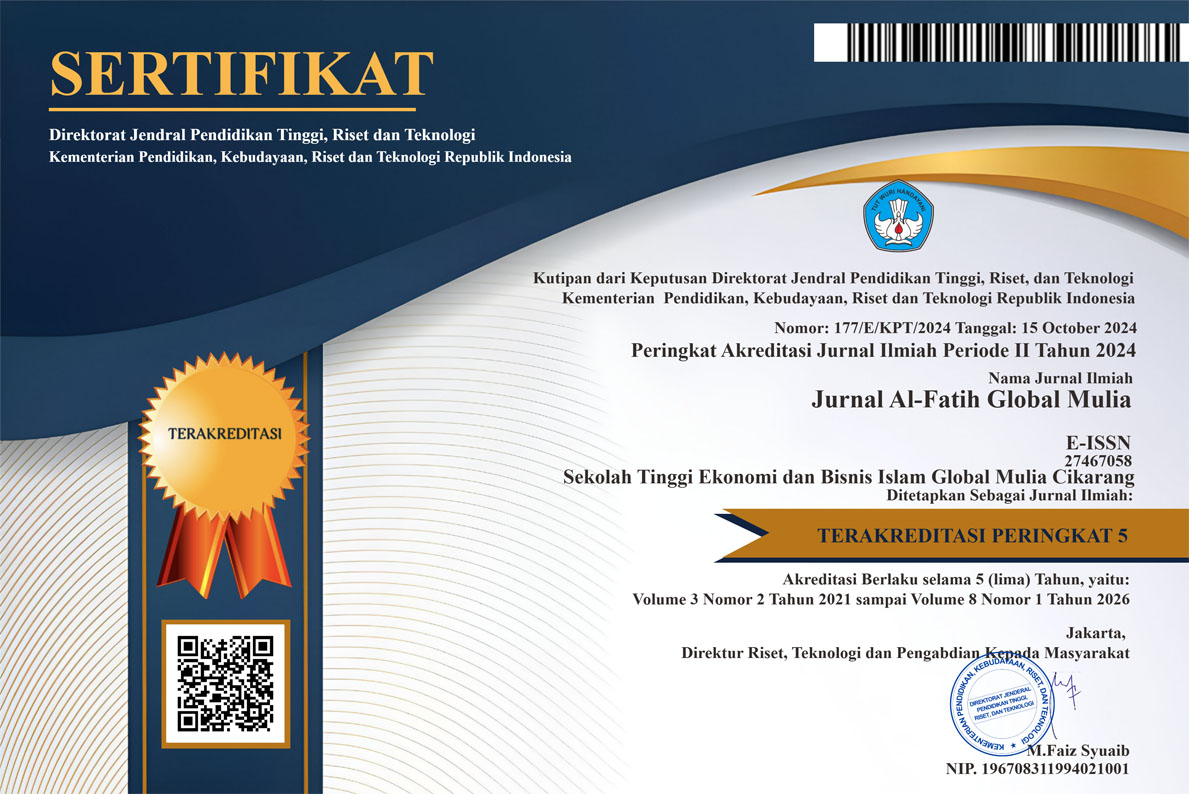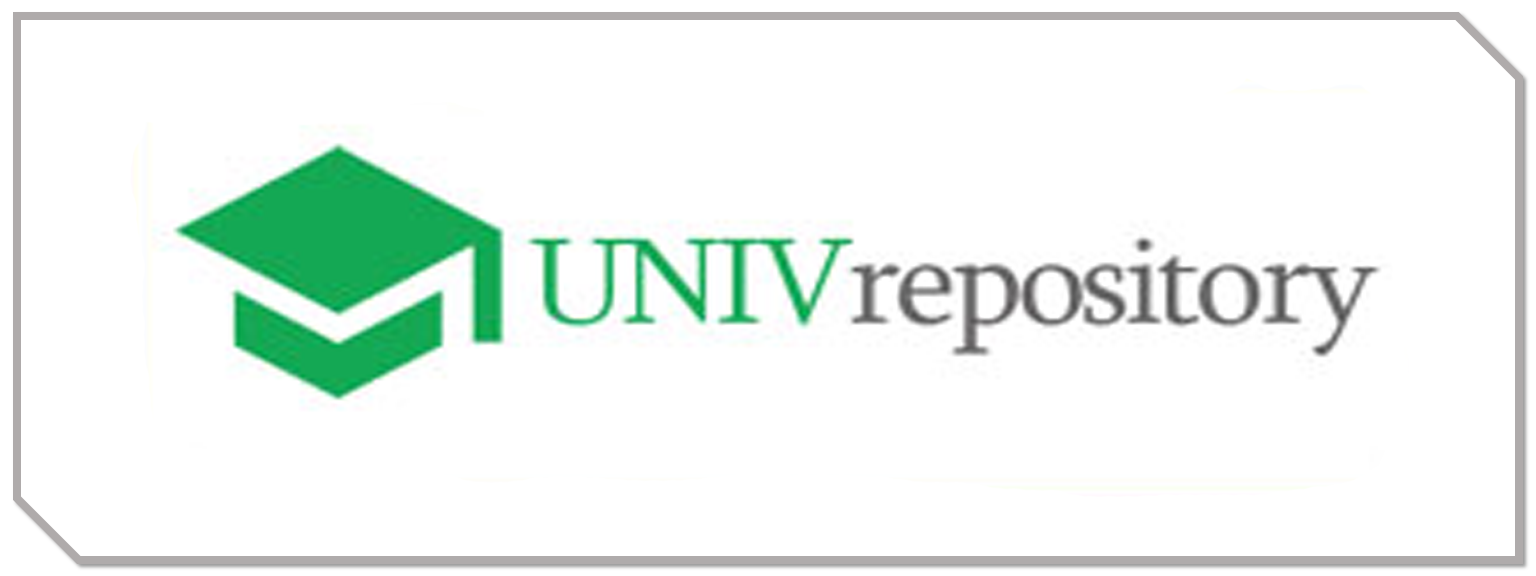PENGARUH TINGKAT RELIGIUSITAS DAN PENGETAHUAN SANTRI TERHADAP KEPUTUSAN MENJADI NASABAH DI BANK SYARIAH
DOI:
https://doi.org/10.59729/alfatih.v3i1.36Keywords:
Religiosity, Knowledge, ResultAbstract
The development of Islamic banks is based on the development of the national economy, which has grown significantly, especially according to the people of Islamic boarding schools who consider that bank interest is included in the category of usury so that most of the people of Islamic boarding schools do not want to make transactions with conventional banks. In the view of the wider community, students have a higher level of religiosity and knowledge of religion than other communities. This research is quantitative, and the analysis technique used in this research is multiple linear regression. The instrument test produces accurate research consisting of validity and reliability tests, statistical tests consisting of t-test to partially test variables, and F test to test between variables simultaneously. At the same time, the classical assumption test is intended to determine whether there is a violation/deviation in the regression model consisting of multicollinearity test, heteroscedasticity test, and normality test. The results of this study indicate that partially the religiosity variable has a significant effect on students' decisions to become customers in Islamic banks with a tcount of 2.034, and the knowledge variable significantly influences students' decisions to become customers in Islamic banks with a tcount of 9.448. Furthermore, the simultaneous influence with the F test shows that religiosity and knowledge have a significant effect on the decision of students to become customers in Islamic banks with a Fcount of 63.534.









